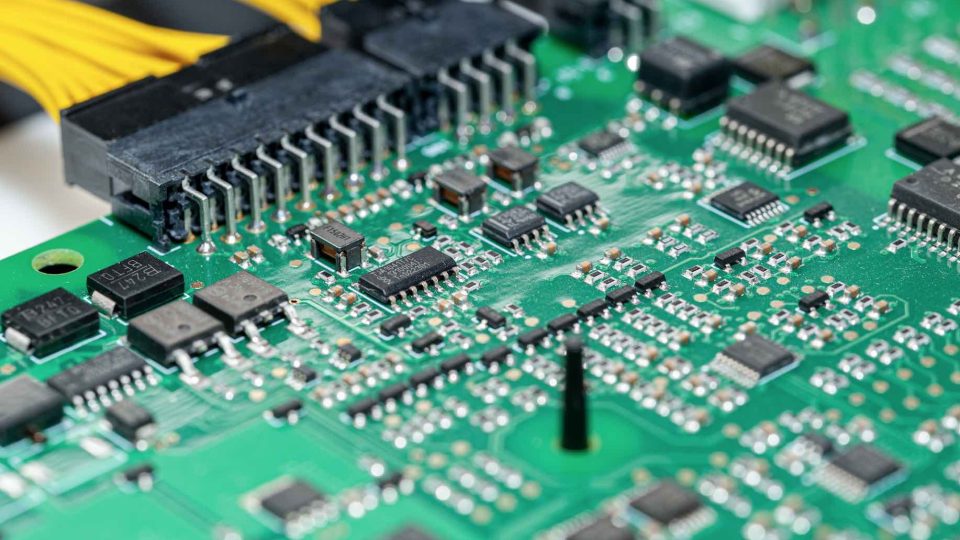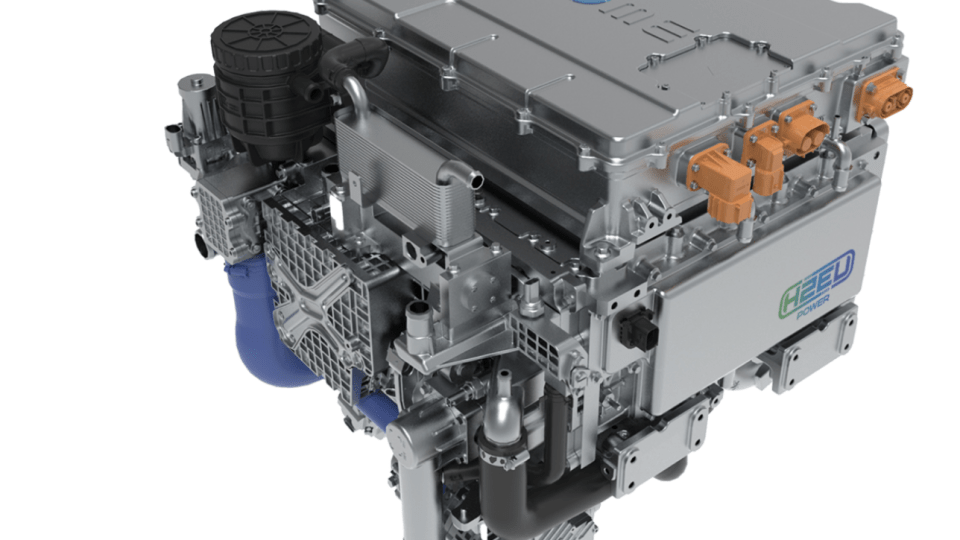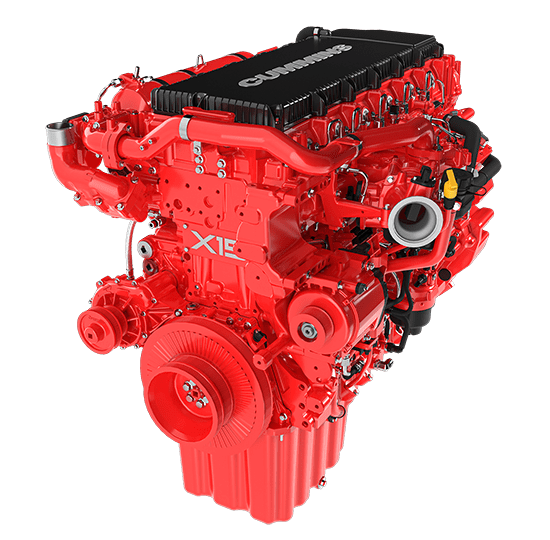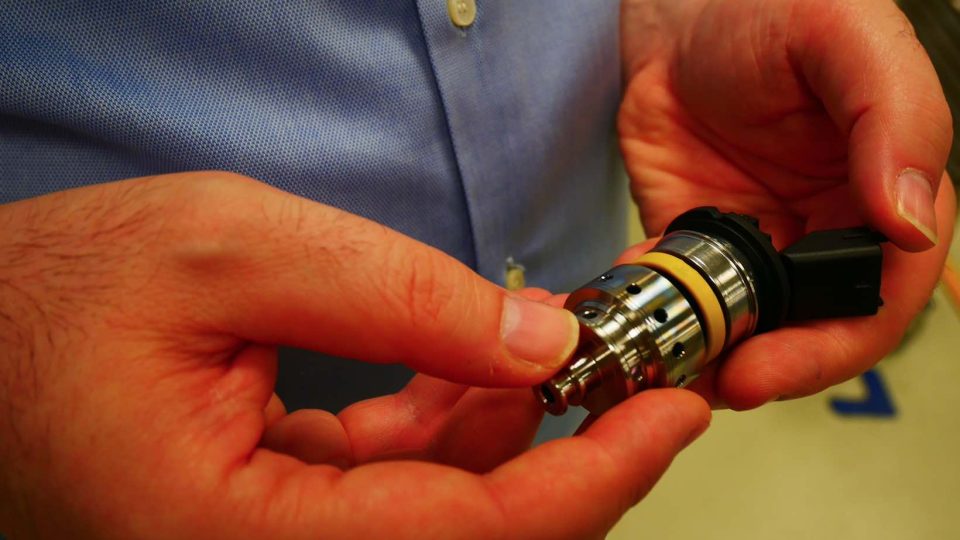Iveco and Hyundai present the first fuel cell van at the IAA in Hanover
Iveco Group and Hyundai Motor Company presented the first electric fuel cell Iveco eDaily (FCEV) at IAA Transportation 2022 in Hanover.
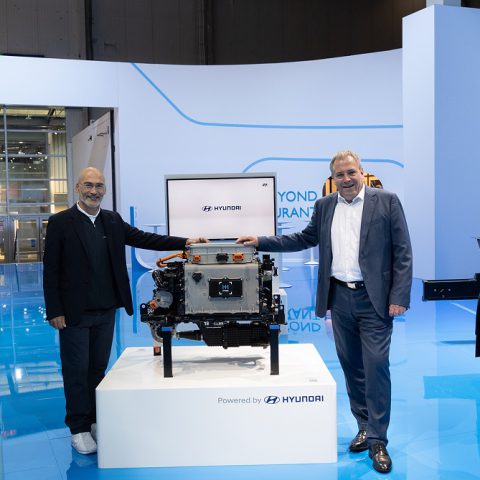
Iveco Group and Hyundai Motor Company presented the first electric fuel cell Iveco eDaily (FCEV) at IAA Transportation 2022 in Hanover.
Iveco Group and Hyundai both have ambitious sustainability goals, as demonstrated by their respective commitments on the subject, and are leveraging their collaboration to help accelerate the transition to net zero CO2 emissions. Since the signing of a Memorandum of Understanding in March of this year, Iveco Group and Hyundai have formed several joint working groups on different technological fields, to explore ways to cooperate in the development of electric vehicles and alternative propulsion.
In July, the two companies jointly announced hydrogen-powered Iveco Bus vehicles, equipped with Hyundai’s fuel cell system, with significant benefits expected in terms of performance and emissions. Today Iveco and Hyundai announce the Fuel Cell Electric Vehicle (FCEV) eDaily, which represents the future potential of the best-selling and longest-running Iveco van, with a range that currently includes traditional and methane/biomethane propulsion, as well as new battery electric models (BEV, Battery Electric Vehicle).
The working prototype of the eDaily FCEV is equipped with Hyundai’s 90 kW hydrogen fuel cell system and a 140 kW electric motor. Six tanks offer a total storage capacity of 12 kg of hydrogen. The prototype was tested in Europe, confirming a maximum range of 350 km, a maximum payload of 3 tons and a maximum refueling time of 15 minutes. The eDaily BEV, also launched today at IAA, is best suited for short trips, while the eDaily FCEV will be an ideal option for long-distance deliveries with larger loads.
Iveco and Hyundai: the contribution of FPT Industrial
An integral part of the eDaily FCEV is the battery pack of FPT Industrial, the brand for propulsion technologies of the Iveco Group, while the fuel cell system supplied by Hyundai is the latest milestone achieved by the Korean company in over twenty years of hydrogen mobility. Hyundai’s advanced fuel cell technology is already in use in various applications, particularly commercial vehicles. The system has totaled over 4.5 million km in Switzerland in heavy duty vehicles, showing its powerful performance and reliability. The slogan “Engineered by Iveco Group, powered by Hyundai” reflects this mutually beneficial cooperation and will also be the rationale for similar future initiatives.
Iveco Group and Hyundai are also examining other collaboration options, ranging from cross-sellingproducts in selected regions around the world to joint developments in automation and vehicle connectivity. Additionally, Hyundai is also considering sourcing opportunities offered by FPT Industrial in next-generation conventional powertrains for commercial vehicles. Developments like these demonstrate the commitment of companies to pursue every valuable opportunity and the two sides are confident that ongoing projects will yield results in the near future.




